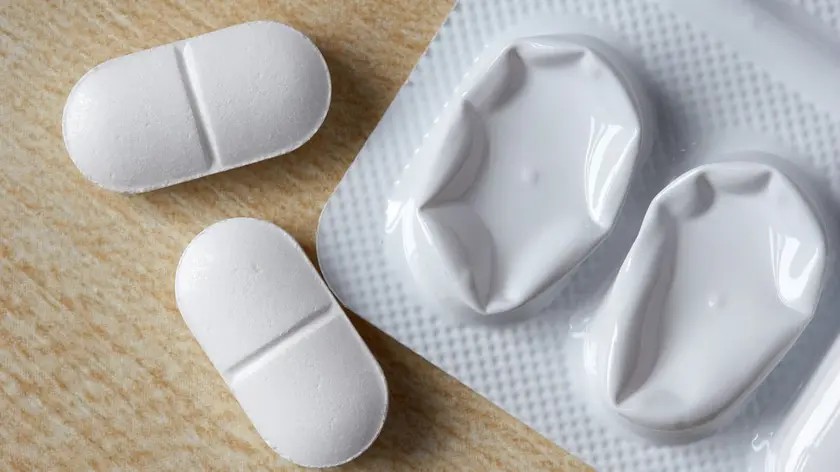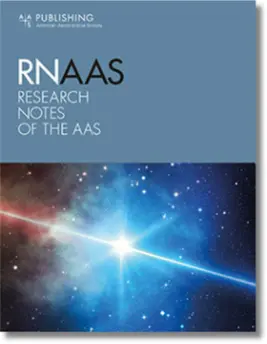T4K3.news
PPI use prompts digestion concerns
New cautions emerge on long term omeprazole use and digestion as NHS spending remains high.

A veteran pharmacist warns that long term omeprazole use could affect digestion, amid rising NHS prescriptions.
PPI use prompts digestion concerns and NHS budget debate
Deborah Grayson, a veteran pharmacist known as the Godmother of Pharmacology, used TikTok to warn that omeprazole, a proton pump inhibitor, may harm digestion over the long term even as it relieves heartburn for many. The video has attracted more than 42 thousand views and notes that PPIs are among the UKs most prescribed medicines, with 73 million NHS prescriptions dispensed in England in 2022-23 at a cost of about 190 million pounds. Grayson explains that PPIs work by reducing stomach acid, which can ease reflux but may disrupt digestion if acid production stays low for extended periods.
She says omeprazole is appropriate for gastritis or erosions, but for simple heartburn long term use could have wider effects. Stomach acid helps digest proteins, activate enzymes like pepsin, and defend the gut from microbes. She warns that low acid may cause bloating, nutrient gaps such as vitamin B12, iron, calcium and magnesium, and raise infection risks including Clostridium difficile. Grayson also promotes lifestyle changes and an exit plan from PPI treatment, arguing that over prescribing without clear guidance risks turning PPI use into a habit.
Key Takeaways
"Long term use of PPIs can significantly impair digestion"
Grayson on omeprazole's impact on digestion
"We are sleepwalking into a significant culture of PPI addiction due to over-prescribing without clear exit strategy"
Direct quote from Grayson on prescribing habits
"Stomach acid plays a crucial role in breaking down food and protecting against microbes"
Physiological explanation of acid function
"Lifestyle changes can make a real difference for acid reflux"
Alternative approaches discussed
This story spotlights a common tension in medicine: provide quick relief now while watching for longer term costs. A social media post from a long-time pharmacist brings clinical nuance into public view, but bite sized formats can oversimplify. It underlines the need for clear patient guidance on when to start and stop PPIs and how to reintroduce normal stomach acid gradually.
From a policy angle, the piece raises questions about prescribing guidelines, patient education, and the financial burden of chronic PPI use. The NHS faces persistent demand for acid related care and must balance access with stewardship. The takeaway is a call for stronger exits from treatment and better conversations between clinicians and patients to avoid a culture of dependency.
Highlights
- Digestive health rests on stomach acid, not just relief
- We need clear exit strategies from PPI treatment
- Social media can mislead patients about long term risks
- Stomach acid is essential for digestion and defense against microbes
PPI use prompts budget and public reaction concerns
The article highlights long term digestion risks from PPIs and notes a substantial NHS spending footprint. It also points to social media influencing patient choices and the need for clear clinical guidance.
The health system needs a careful balance between relief and long term gut health
Enjoyed this? Let your friends know!
Related News

Warning over common acid reflux drug taken by millions

Car finance ruling reshapes redress path for consumers

Cloudflare reports Perplexity’s unauthorized web crawling

RNAAS Retraction Prompts Policy Review

Merseyside rolls out a fourth bin for food waste

Microplastics found in ecosystems and human bodies

Concerns raised about acid reflux medication

Experts warn of cancer risks in canned cocktails
